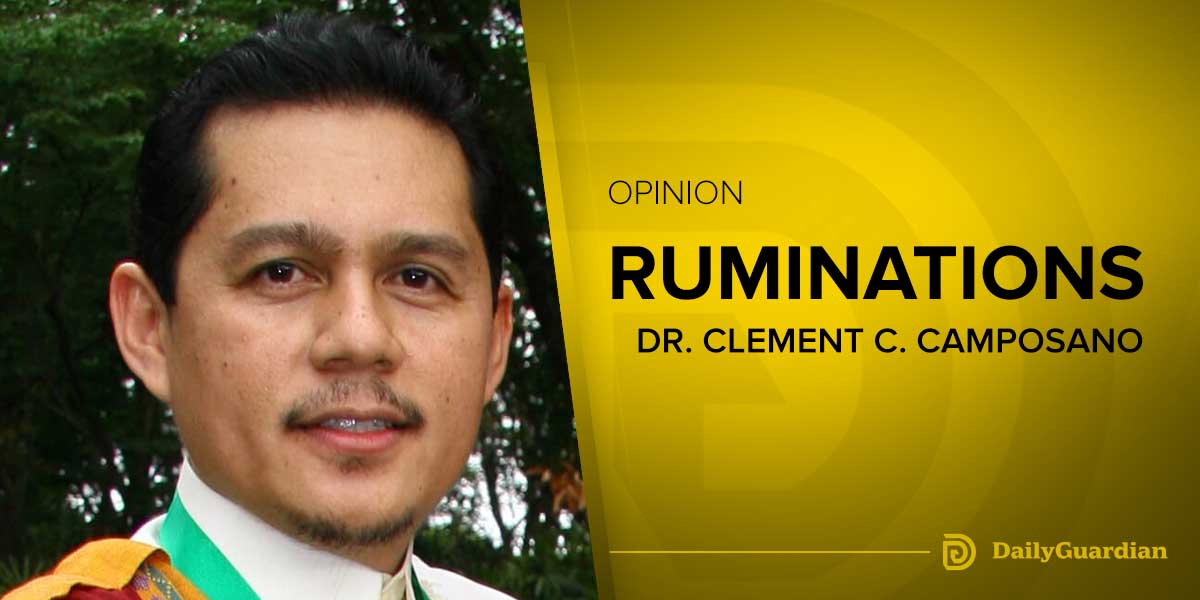By Rjay Zuriaga Castor
Several environmental organizations have warned the Iloilo city government about the potential harmful environmental and health impacts of constructing a waste-to-energy (WTE) incinerator.
In a joint statement, five environmental groups argued that building a WTE incinerator as part of the city’s Integrated Solid Waste Management Facility is “not suitable” for Iloilo City.
The groups include Youth Voices Count, EcoWaste Coalition, Greenpeace, and Global Alliance for Incinerator Alternatives.
The groups cited the 2021 Waste Analysis and Characterization Study, which revealed that 50 percent of Iloilo City’s waste is biodegradable, 25 percent is recyclable, and the remaining 25 percent is residual.
“WTE incinerators strongly prefer dry waste feedstock to operate. The city’s waste profile alone shows that it is not suitable for running the facility,” they stressed.
The groups noted that there are numerous cases of WTE incinerators shutting down because they could not operate effectively with the given feedstock, resulting in government debts and wasted public money.
They added that Iloilo City should learn from the experiences of other countries, which clearly demonstrate that WTE incinerators do not address landfill concerns or reduce environmental impacts related to waste.
“While it is true that the overall volume of waste is typically reduced by 70-80 percent, the resulting ash is of particular concern due to its highly toxic nature. Incinerated ash must be disposed of in specialized hazardous landfills because of the threats it poses to human life and the environment,” they stressed.
Health concerns were also raised by the group, pointing out that the public will be at risk of upper respiratory infections, which can be caused by exposure to dioxins from WTE incinerators.
Earlier this March, the city government signed a joint venture with MetPower Venture Partners Holdings, Inc., along with Metro Pacific Water Investments Corp. and Metro Pacific Iloilo Water, to construct a WTE facility.
The WTE project, pegged at P2.3 billion, will be constructed on a 3-hectare property in Barangay Ingore, La Paz, starting in October this year.
The groups expressed “great concern” over the proposed WTE site, recalling the 2008 expansion of a coal plant in the area, which faced similar opposition due to health and environmental risks.
“Iloilo citizens opposed the proposal on similar grounds — threats to their health and the environment. They have also not forgotten the city government’s promise to conduct a study on the socio-environmental impacts of the coal plant several years ago,” they said.
Though this study has yet to be done, independent research from 2015 showed that residents had a better quality of life and cleaner air before the construction of the coal plant.
“There is no safe site for constructing the plant anywhere, nor a buffer zone that can keep people away from pollutants,” they emphasized.
The groups have called on the city government to conduct public consultations regarding the proposal and disclose the joint venture agreement.
“We view this as an opportunity for the Iloilo city government to be fully transparent and to demonstrate its genuine willingness to listen to Iloilo citizens,” the groups said, adding that the government should consider safer and more cost-effective alternatives to pollution and energy.



















